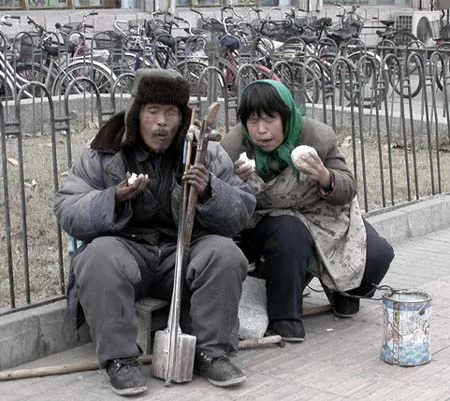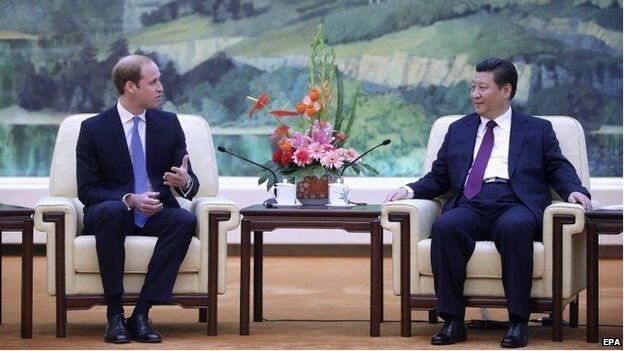Propaganda Through Facts
April 27, 2008
GEORGE ORWELL once drew attention to a tendency among certain members of the intelligentsia to identify wholeheartedly with foreign countries, ideologies or religions in order to evade the pervasive pressures of patriotism and social conformity. Orwell cited G.K. Chesterton, "a writer of considerable talent who used it to suppress both his sensibilities and his intellectual honesty in the cause of Roman Catholic propaganda." Everything Chesterton did "had to demonstrate beyond the possibility of mistake the superiority of the Catholic over the Protestant or the pagan," Orwell wrote, and that "entailed an ignorant idealisation of the Latin countries, especially France."
French intellectuals were guilty of the same trahison des clercs by first of all refusing to countenance the idea that Nazi militarization represented a threat against the French state, and by then suggesting that Hitler had in any case been provoked into building up his armed forces by the perfidies of France itself. After the Second World War, anxious to prove their independence, their affinity for truth and justice and their ability to reach beyond the bourgeois values of their own nation, they jumped enthusiastically to the beat of Stalin and refused - with a few rare and honourable exceptions like Raymond Aron - to consider the idea that there could possibly be any qualitative difference between a flawed but democratically elected liberal system like France and a lumbering, sclerotic and periodically psychotic dictatorship like the Soviet Union. Lenin, of course, would have referred to them as "useful idiots".
So, what are we to make of Lisa Carducci, veteran Canadian author of such tomes as These Wonderful People of Xinjiang, grateful recipient of the Friendship Award of the People's Republic of China, self-proclaimed "autodidact artist" and former editor of the long-lasting Communist Party propaganda organ, The Beijing Review? Carducci, writing recently in the government's English-language mouthpiece, the China Daily, has lambasted foreign media distortions of Tibet and the refusal of Tibetan exiles to recognize the way that their homeland has been transformed by Chinese capital and beneficence.
Carducci seeks to put the record straight. She has been to Tibet, and castigates those who presume to pontificate on the subject even though they have not sought truth through facts by visiting the region themselves. She says that "Tibet is a beautiful and peaceful place where people sing while they work, where people smile and enjoy life."
It is clear where Carducci usually deposits the benefit of her doubt. Her scepticism about sources goes in only one direction. When a Tibetan exile in Nepal tells her that there is photographic and video evidence of abuse by Chinese soldiers, Carducci criticizes the exile's gullibility, pointing out that the evidence "may be" based on doctored Cultural Revolution-era photographs. "Might you not have been deceived?" she asks.
She is always inclined to think the best of the Chinese authorities. When an exiled monk tells her that a friend of his returned to Tibet and then vanished, leading him to believe that the friend had been arrested or shot, she suggests that "having accomplished his great desire" to return to his homeland, the friend probably stayed behind, perhaps "in a monastery". Sure, or alternatively, he might have decided to set up an ice-cream parlour in Vermont. What the hell do we know?
But her own information, presumably gleaned during state-approved interviews conducted in the presence of government minders, is not subject to the same sceptical scrutiny. She bases her reports on what she sees "with her own eyes", while the exiles - including the Dalai Lama himself - are the "poor victims" of ignorance, and simply have no idea about the way Tibet is peacefully prospering under Chinese rule.
"Not a few people accuse me as an 'unconditional defender of China'," she said. "What I want to say is that when I defend China, it's because I think China is right. And I believe that those who accuse China do it because they don't know. I may make mistakes, but my mistakes are sincere."
Still, we shouldn't be too critical. Carducci - one of the first 12 recipients of the Chinese "green card", which grants permanent residency to select foreigners - seems to be a troubled soul, and has clearly made psychological compromises in order to ensure that her mistakes remain sincere. "All those years I was in Canada," she told China Daily, "I felt my body was in Canada and my mind was in Italy. I had two countries, but no motherland. When I came to China, I was 'all here' - body and soul; I was one, here. This impression was so good that I felt at home from the first moment. I felt good, at ease, satisfied."
"This is my country. I'm at home here. If I had to leave China, for me it would be the end of the world. I would die."
Nevertheless, is she right when she points to prejudice in the foreign media? Almost undoubtedly. But why don't we believe her, or trust her integrity? And why don't we trust the spin put on the recent riots in Tibet by the government? Because propaganda, even when it is true, is still propaganda. The author's fingers are still pushing down on the scales, and the weight of the government is still pressing against the author. We suspect it not because it is wrong, but because it is one-sided.
There is a lesson in this for the government's propaganda department. Instead of organizing official trips to the eerily well-kempt Potemkin villages of the Yangtze river delta or the suspiciously friendly ethnic-minority theme parks of Xinjiang, instead of bombarding us with the Panglossian, the authorities should allow themselves to be a little more frank when it comes to the dark side of governance and the downside of economic growth. We might then be inclined to write more about China's considerable achievements over the last thirty years.






